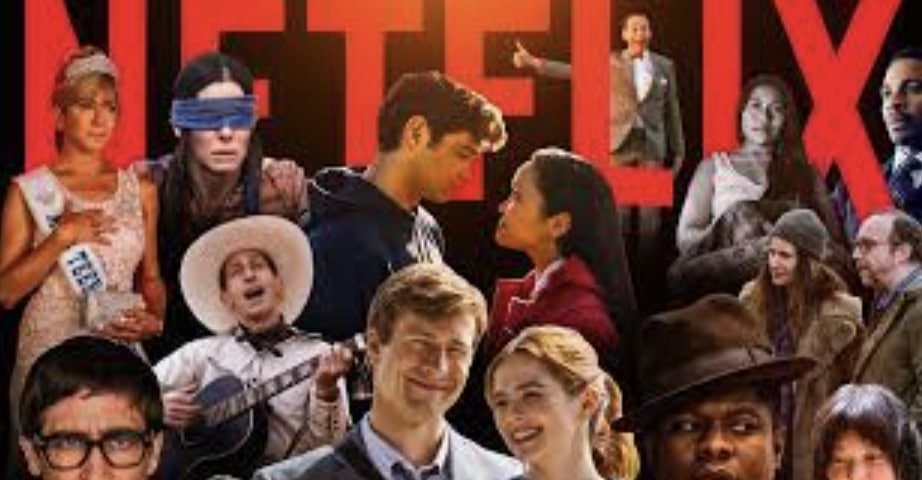
One of the easiest ways to gain insight into the correlation between a person’s actual intelligence and their perception of their intelligence is through through the observation of people as they suffer intellectual decline. When people of normal intelligence enter gradual dementia through aging or a disease like Alzheimer’s, they begin to notice their declining cognitive power. They recognize their declining ability to recall names or events. But as their decline continues they become less aware of this loss of cognitive acuity, and by the time that family and friends suggest they surrender their driver’s licence, they become strident, insisting that they are quite capable of driving. As the declining intelligence moves into its final stages, the person has difficulty distinguishing relationships–confusing sisters with aunts or mothers. What we learn from this scenario is the following: as our intelligence decreases, our knowledge of ourselves and our cognitive abilities declines.
This principle was made more precise in a famous study conducted in 2004 by Justin Kruger and David Dunning at Cornell University. The researchers administered a 20-item test on logical reasoning skills to 45 undergraduates. After the test, the students were asked to estimate:
• their percentile rank in logical thinking relative to all their classmates
• their score on the test (as a percentile) relative to all their classmates
• how many questions out of the 20 that they answered correctly.
On comparing the actual test score of each student with his or her perceived logical ability relative to others, the researchers reported:
Participants in general overestimated their logical reasoning ability, and it was those in the bottom quartile who showed the greatest miscalibration.
The data showed that those with the lowest level of competence in logical reasoning were the most overconfident in their abilities. This result, now known as the Dunning–Kruger effect is displayed in the figure below, where the graph takes a downward dip as competence increases. The upward swing in the curve shows that overconfidence was less pronounced among those of higher logical ability.
Although some recent studies have challenged the Dunning-Kruger effect, there is an additional scenario suggesting why those of highest intelligence have a more accurate estimate of their level of intelligence relative to others. During elementary and high school, the most students of high intelligence distinguish themselves from others by learning more easily and receiving higher marks and awards than students of average ability. As these highly intelligent students progress through university, they encounter others of high intelligence and recognize that there are many very bright people of an intellectual calibre that they may not have seen in their high school. As they move into the intellectual stratosphere of the best and brightest they come to see, not only those who are less capable, but also those who are more capable. This happened to Bill Gates and Jeff Bezos, both highly intelligent individuals, who chose entrepreneurial careers after observing that there were some individuals who had equal or greater cognitive skills in academic areas.
The awareness that the super brilliant have of their own talent and limitations was captured in the 1997 movie Good Will Hunting. When Fields Medalist, Professor Gerald Lambeau, acknowledges that the young janitor at the University, named Will Hunting [played by Matt Damon] has superior mathematical talent, he says:
I can’t do this proof. But you can, and when it comes to that it’s only about..it’s just a handful of people in the world who can tell the difference between you and me. But I’m one of them… Most days I wish I never met you…Because then I could sleep at night, and I wouldn’t have to walk around with the knowledge that there’s someone like you out there…And I didn’t have to watch you throw it all away.
Acknowledging that he is less gifted in mathematical talent than Will Hunting, Professor Lambeau accepts his upper limit with bitter regret.
Of course, there are always “fat-heads” at every level of IQ who have an inflated sense of their own intelligence, but this is more likely to occur among those who have not pitted their intelligence against the rest of humanity in the intellectual arena. The best way for us to get a measure of our own intelligence is to be open to the intellectual capabilities of those around us. As we observe people who may have more acuity in certain areas and see how their abilities are manifest, we begin to understand the nature of intelligence and are more able to rank our intelligence relative to others.
